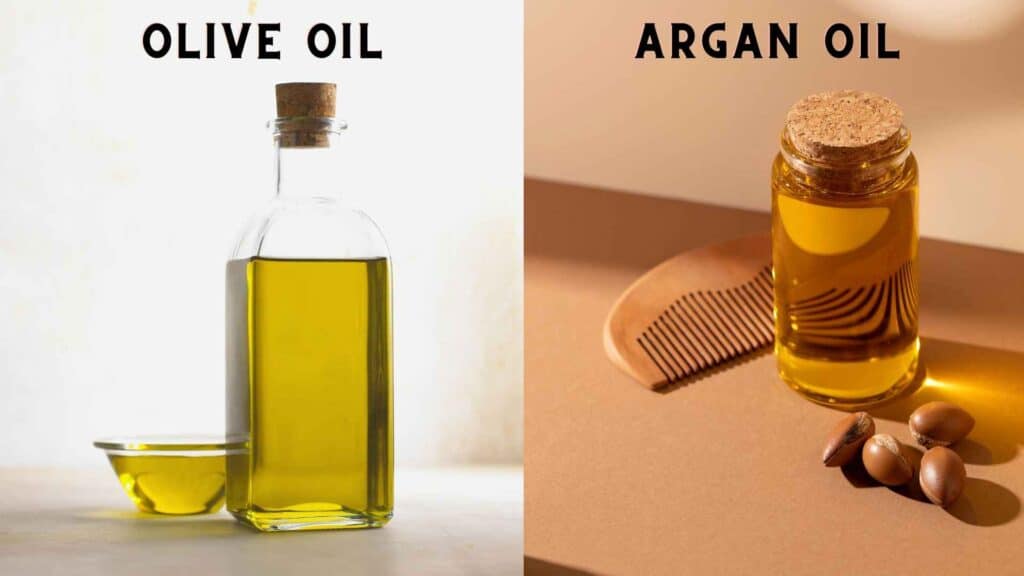
Natural oils have captured the attention of skincare enthusiasts worldwide, owing to their inherent goodness and minimal environmental impact. The enthusiasm for Argan vs Olive oil for skin is increasing because of these oils as plant sources, brimming with vitamins, antioxidants, and essential fatty acids that promote skin health.
Argan oil, derived from the kernels of the argan tree, boasts a lightweight texture and is packed with nutrients like Vitamin E, essential fatty acids, and antioxidants. On the other hand, olive oil, a time-honored staple in skincare, offers deep nourishment with its rich Vitamin E and D content.
It’s crucial to understand that each oil offers distinct advantages depending on individual skin types and concerns. By diving deeper into the unique qualities of argan and olive oil, readers will uncover the specific benefits these oils hold for dry, oily, sensitive, or acne-prone skin. Understanding their unique benefits empowers informed skincare choices.
Let’s explore more!
Argan vs olive oil for skin: which is better
Diving deeper into this let’s talk about the oils first.
what is Argan Oil?
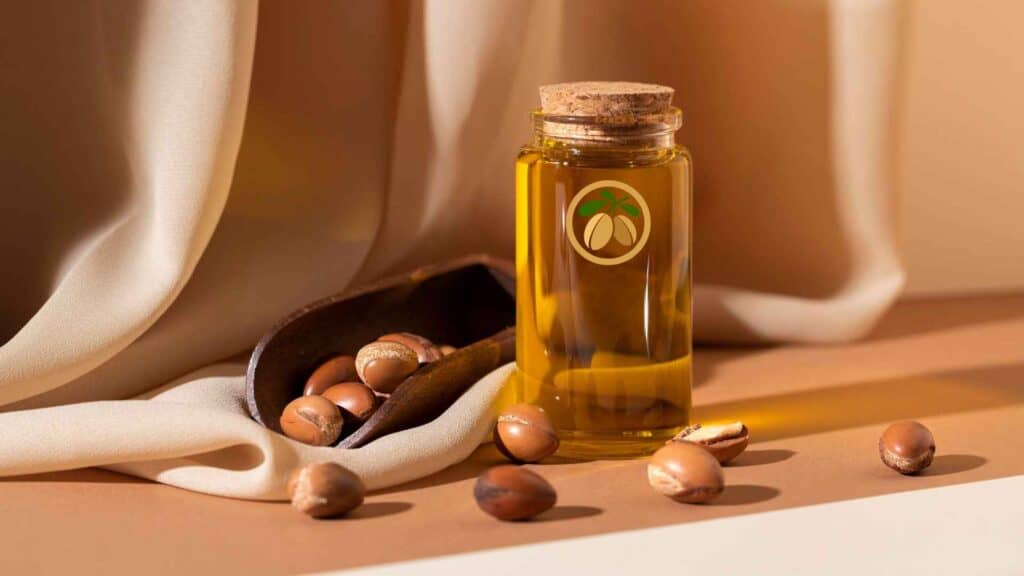
Argan oil, often referred to as “liquid gold,” is a luxurious and nutrient-rich natural oil extracted from the kernels of the argan tree (Argania spinosa). This tree is native to Morocco and is considered a symbol of life and protection in the arid regions of North Africa. The extraction process involves hand-cracking the hard nuts within the argan fruit to obtain the precious oil, making it a labor-intensive and sustainable product.
Skin Benefits of Argan Oil
Following are some of the benefits for the skin.
i. Deep Hydration and Moisturization
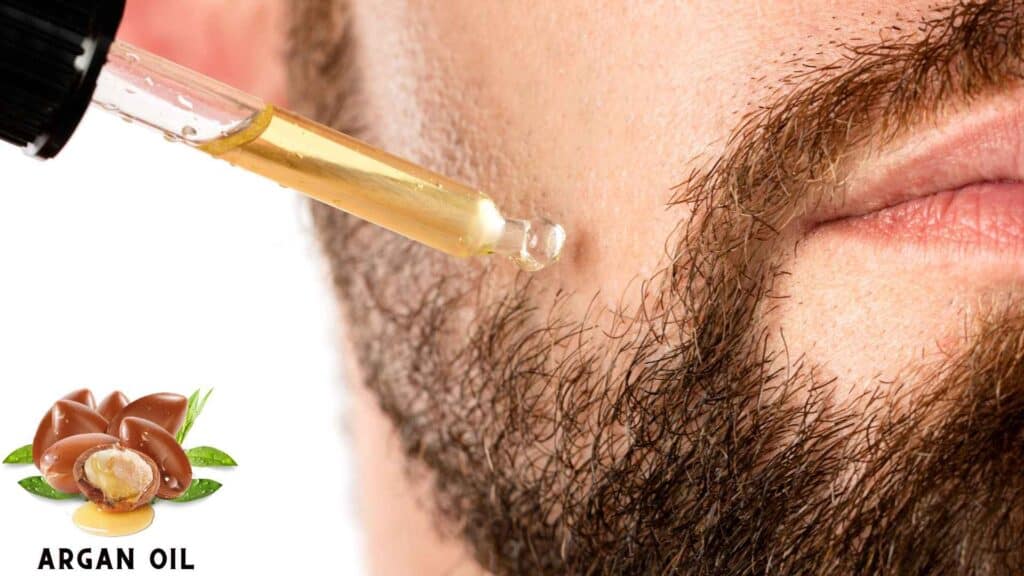
Argan oil’s unique composition allows it to be readily absorbed by the skin, delivering deep and lasting hydration. It nourishes the skin from within, preventing dryness and promoting a soft, smooth texture.
ii. Antioxidant Powerhouse
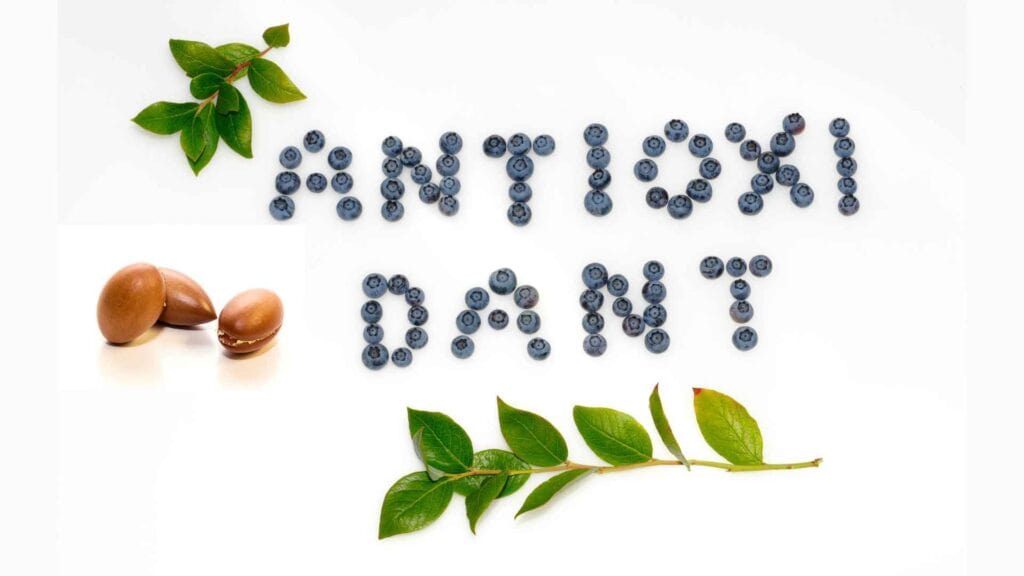
Loaded with antioxidants, such as Vitamin E, phenols, and carotenes, argan oil acts as a powerful shield against free radicals and environmental damage. This protection helps to minimize oxidative stress and premature aging signs, leaving the skin looking youthful and radiant.
iii. Essential Fatty Acids for a Healthy Barrier
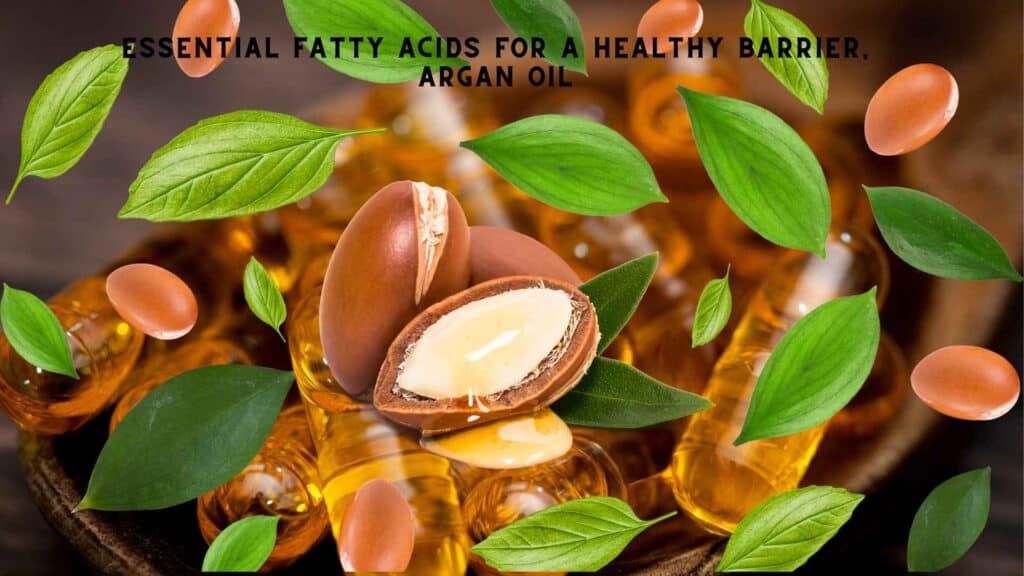
The oil’s high concentration of essential fatty acids, including omega-6 and omega-9, fortifies the skin’s natural barrier. This strengthens its ability to retain moisture, defend against pollutants, and soothe irritation or inflammation.
iv. Enhanced Elasticity and Firmness

Regular application of argan oil can improve skin elasticity and firmness, reducing the appearance of fine lines and wrinkles. It supports collagen production, promoting a more youthful and plump complexion.
v. Skin Tone Evening
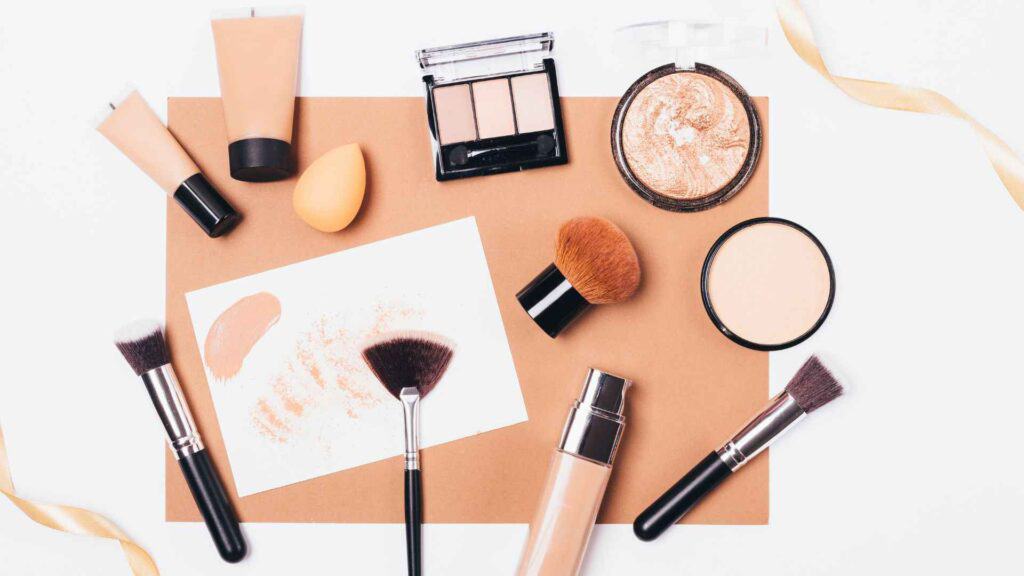
Argan oil’s nourishing properties help even out skin tone, diminishing the appearance of dark spots, hyperpigmentation, and blemishes. It promotes a more balanced and radiant complexion.
vi. Soothing and Calming
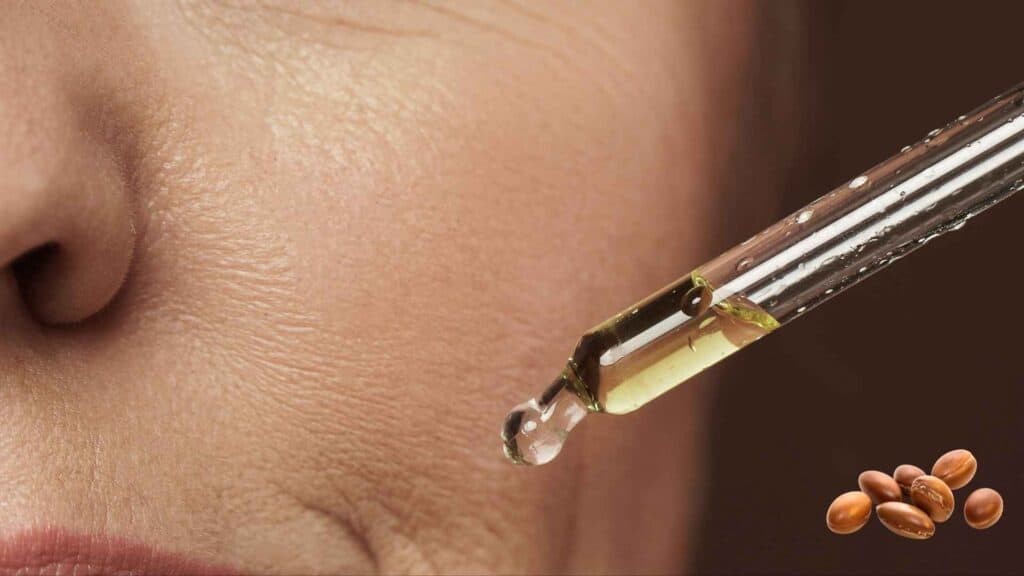
The oil’s anti-inflammatory properties make it ideal for calming irritated or sensitive skin. It soothes redness, itching, and discomfort, making it suitable for various skin types, including acne-prone skin.
vii. Non-Comedogenic Moisturization
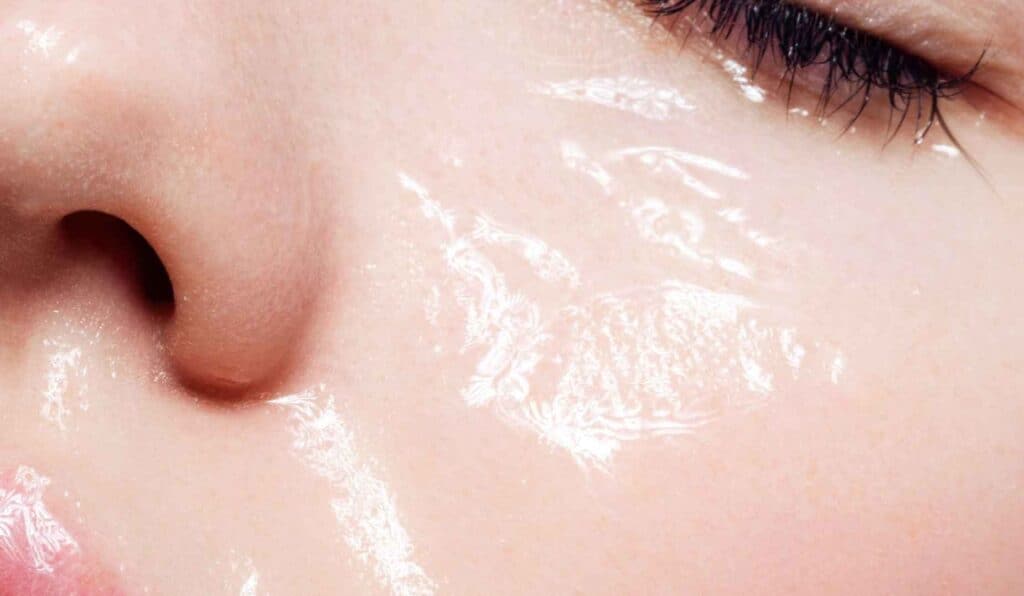
Despite its rich texture, argan oil is non-comedogenic, meaning it won’t clog pores or cause breakouts. It provides much-needed moisture without feeling heavy on the skin.
viii. Balancing Sebum Production
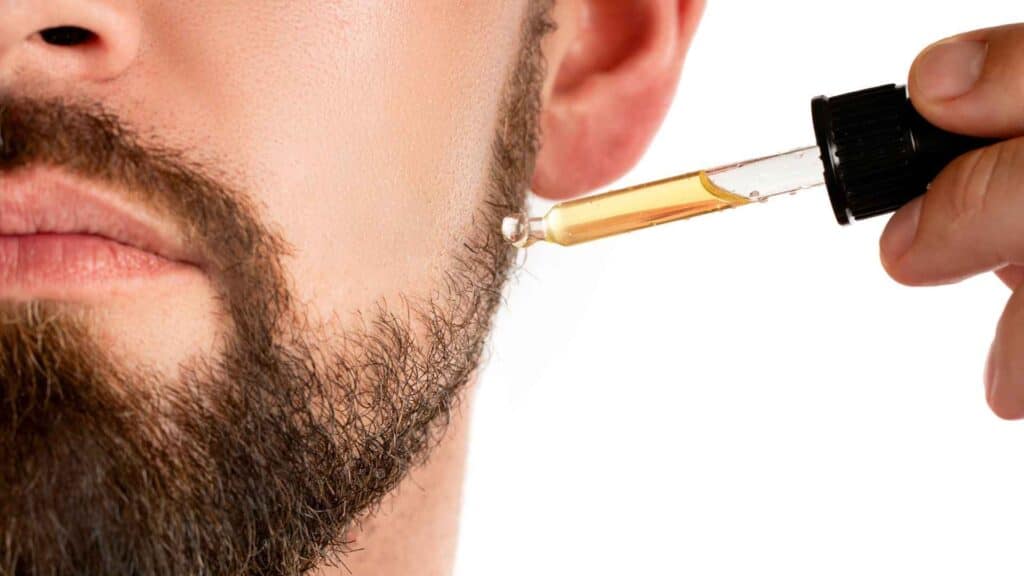
Argan oil’s unique ability to balance sebum production makes it an excellent choice for both dry and oily skin types. It helps regulate oil production, preventing excess oiliness and maintaining a healthy complexion.
ix. Improves wound healing
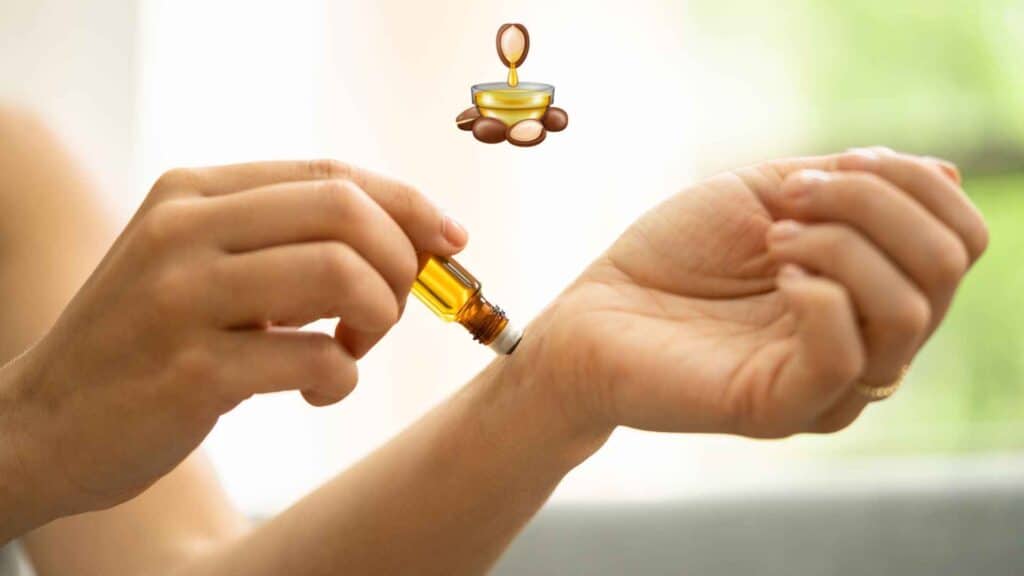
Argan oil has been shown to have wound-healing properties. It can help to promote the growth of new skin cells and reduce inflammation, which can help to speed up the healing process.
x. Reduces the appearance of stretch marks
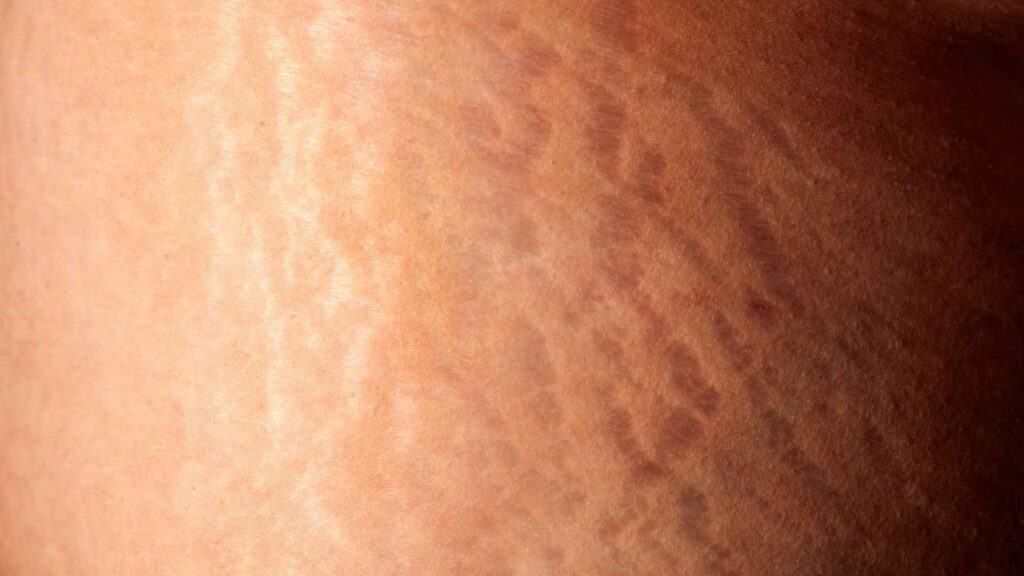
Argan oil is a rich source of fatty acids, which can help to moisturize and plump the skin. This can help to reduce the appearance of stretch marks, which are caused by the breakdown of collagen and elastin in the skin.
Potential Side Effects and Precautions of Argan Oil
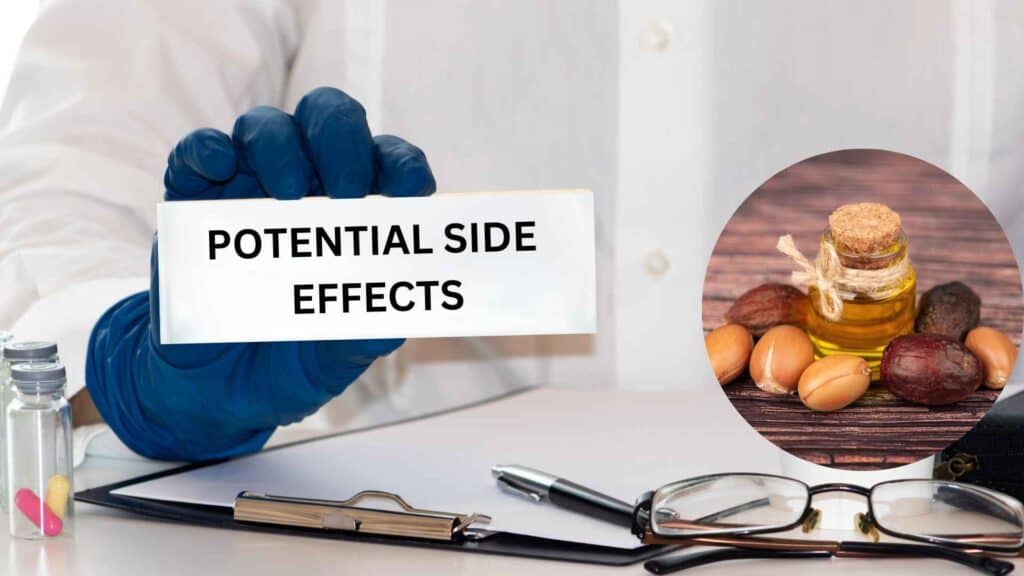
While argan oil is generally safe for most people, some may experience allergic reactions or skin sensitivity. It is essential to perform a patch test before widespread use and discontinue if any adverse reactions occur. Additionally, ensure the use of pure, high-quality argan oil to avoid potential irritants or contaminants.
What is Olive Oil?
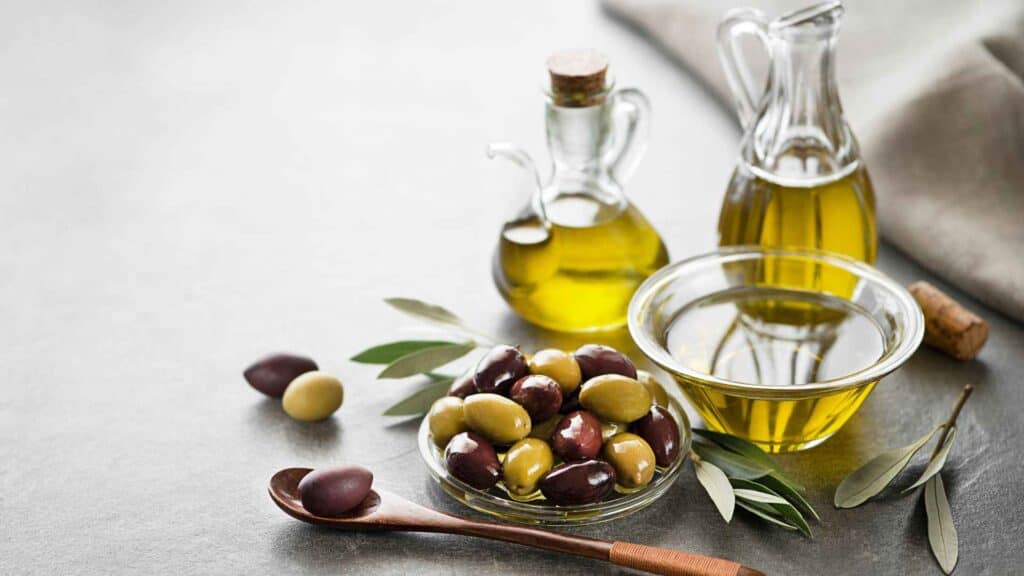
Olive oil, a time-honored treasure, is extracted from the fruit of the olive tree (Olea europaea). It has a rich history dating back to ancient civilizations, where it was prized for its diverse benefits, including its application in skin care.
Culinary Delight for Skin Health: Apart from its culinary uses, applying olive oil topically can provide skin benefits. Its rich nutritional profile helps nourish and protect the skin, leaving it hydrated and glowing.
Benefits of Olive Oil for skin:
i. Calming and Soothing Properties:

Olive oil’s anti-inflammatory properties can be especially beneficial for calming skin irritation and redness. It can be used as a natural remedy for soothing sensitive or reactive skin.
ii. Mild Exfoliant:
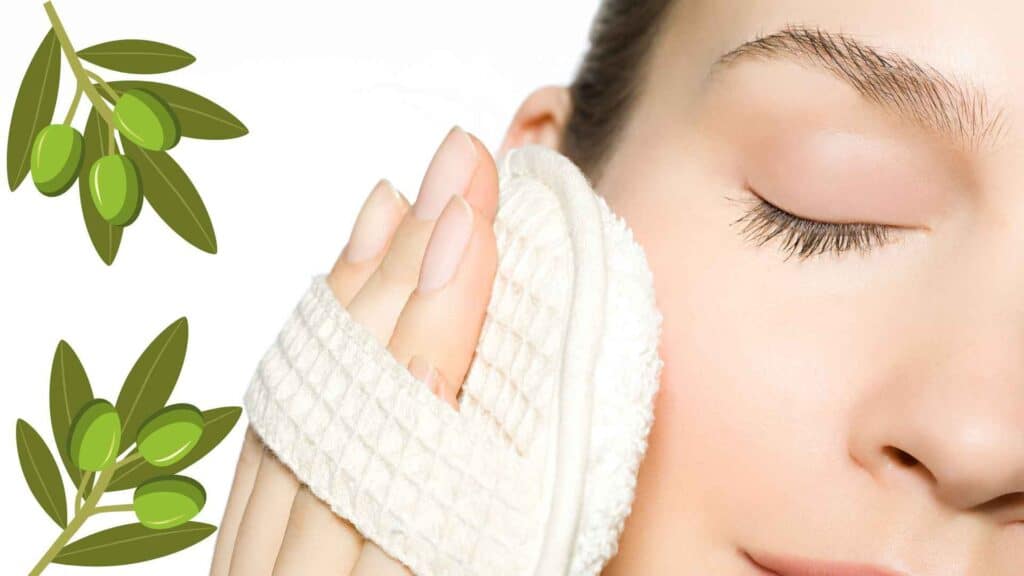
When combined with natural exfoliants like sugar or coffee grounds, olive oil can create a gentle and moisturizing scrub that helps remove dead skin cells and reveal a smoother complexion.
iii. Skin Barrier Repair:
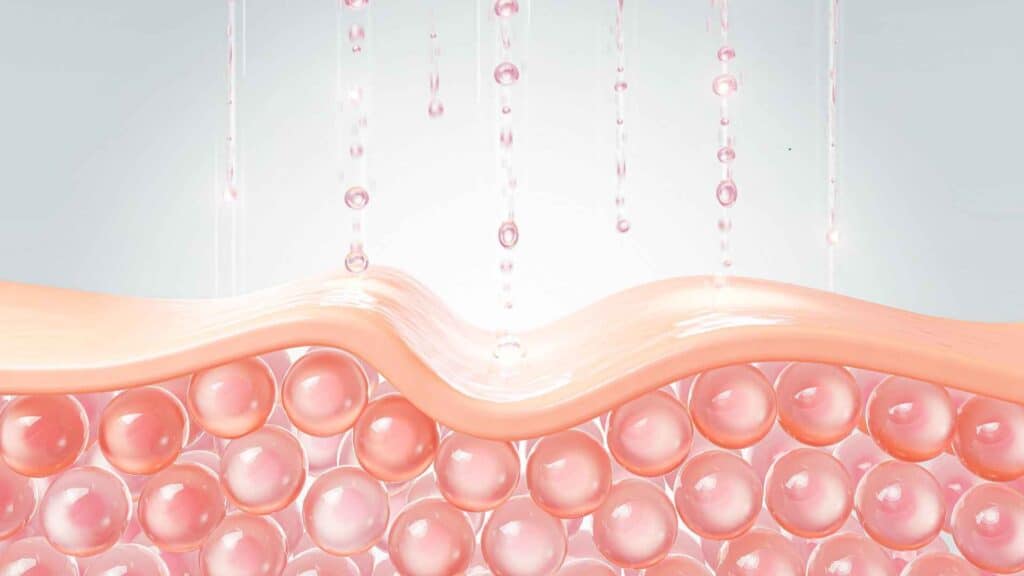
The high content of fatty acids in olive oil aids in repairing the skin’s natural barrier, making it more resilient against environmental stressors and locking in moisture.
iv. Gentle Cleanser:
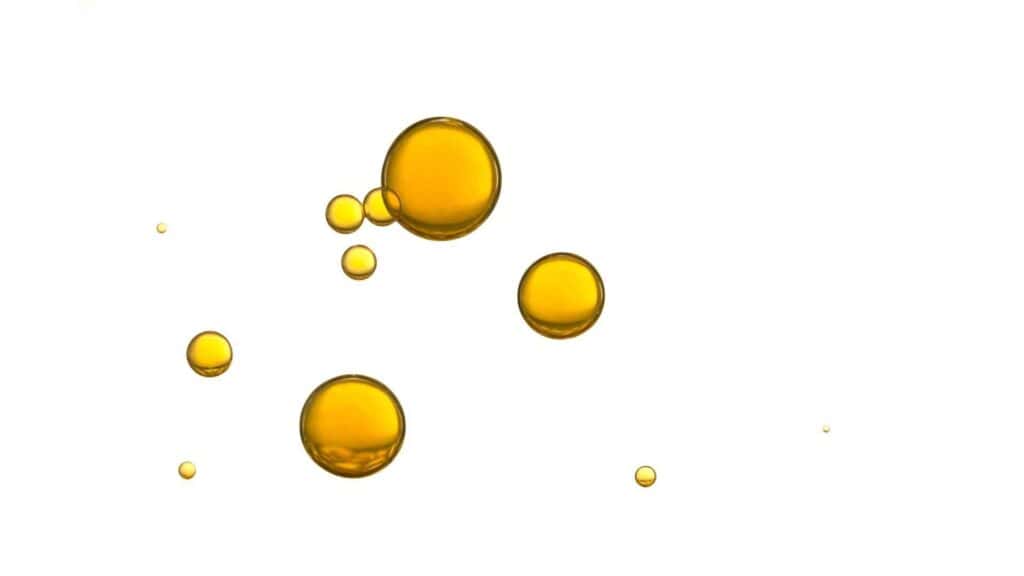
Olive oil’s ability to dissolve dirt and impurities without stripping the skin’s natural oils makes it an excellent choice for a gentle and effective cleanser, especially for dry or sensitive skin.
v. Reducing Stretch Marks:
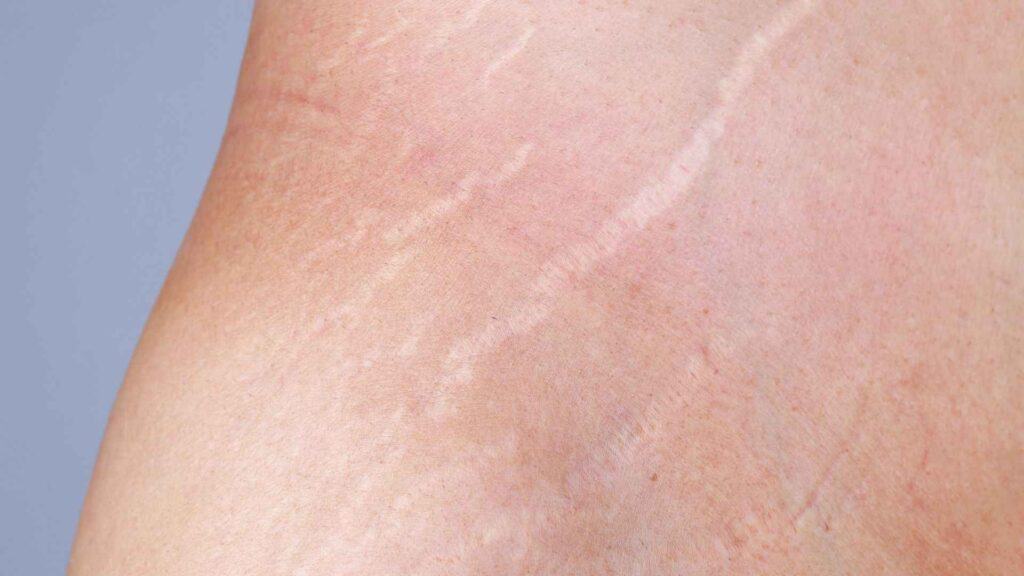
Regularly massaging olive oil into areas prone to stretch marks can help improve skin elasticity and reduce the appearance of stretch marks over time.
vi. After-Sun Care:

Olive oil’s moisturizing properties make it a soothing after-sun treatment, providing relief to sun-exposed skin and minimizing peeling or dryness.
vii. Makeup Primer:

Applying a thin layer of olive oil before makeup application can create a smooth canvas, helping makeup adhere better and last longer while providing a subtle, natural glow.
viii. Suitable for Dry Skin:
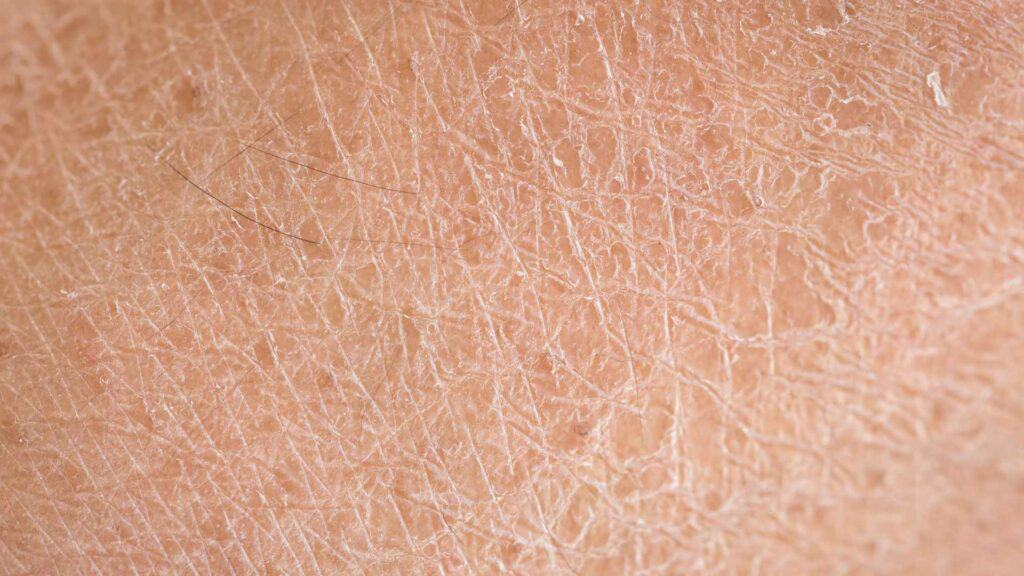
Olive oil’s intense moisturization makes it particularly beneficial for those with dry skin, helping to replenish and retain moisture for a nourished and healthy complexion.
ix. Strengthening Nails and Cuticles:
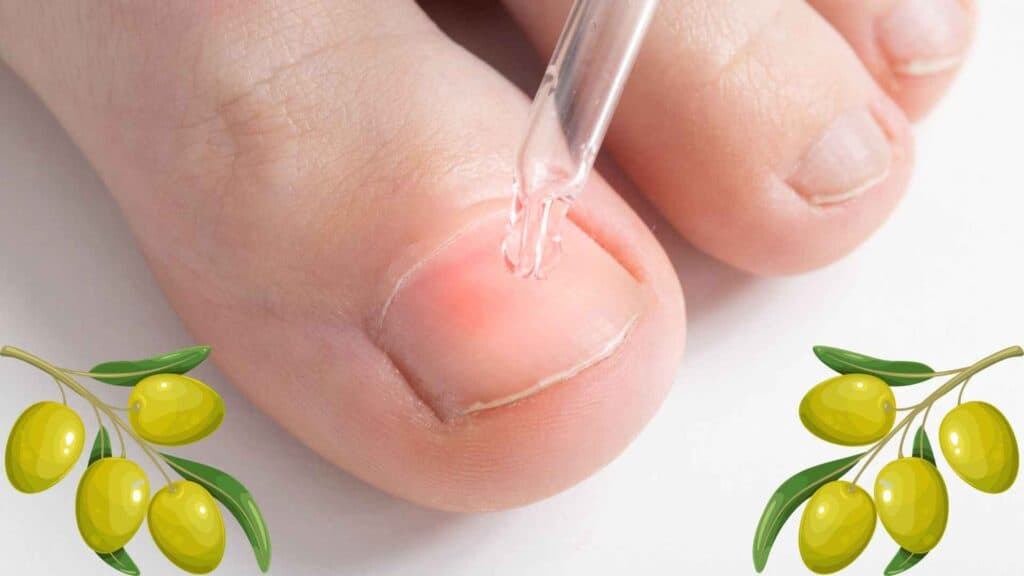
Massaging olive oil into nails and cuticles helps strengthen and hydrate them, promoting healthy nail growth.
Potential Side Effects and Precautions of Olive Oil:
Olive oil, with its wholesome properties, brings a plethora of benefits to the skin. However, it is essential to use it with care, as it may not be suitable for everyone as some rare people might give allergic reaction.
Comparing Argan Oil and Olive Oil
Let’s compare argan oil and olive oil for skin care. These two natural oils have different benefits and use for achieving healthy and radiant skin.
Following this introduction, you can proceed to list the specific comparisons between the two oils.
1. Texture and Absorption Rate: Lightness and Absorbency
Argan oil has a lighter texture and is easily absorbed by the skin, making it suitable for those who prefer a non-greasy feel. On the other hand, olive oil has a slightly heavier texture, which may take longer to absorb, making it better suited for individuals with dry skin.
2. Suitability for Different Skin Types: Dry, Oily, Sensitive
Argan oil’s lightweight nature makes it a great choice for oily and acne-prone skin, as it doesn’t clog pores. Additionally, it is well-tolerated by sensitive skin. Olive oil’s richness in moisturizing properties is excellent for dry and dehydrated skin but may be too heavy for oily skin types.
3. Fatty Acid Composition: Unique Profiles
Argan oil is abundant in linoleic acid, which helps regulate sebum production and is beneficial for acne-prone skin. Olive oil is rich in oleic acid, which aids in maintaining the skin’s natural moisture barrier and is more suited for dry and mature skin.
4. Antioxidant Content: Measuring the Power of Antioxidants
Both oils contain antioxidants that combat free radicals, but argan oil has a higher concentration of Vitamin E, while olive oil boasts a diverse range of antioxidants, including polyphenols and Vitamin E.
5. Addressing Specific Skin Concerns: Dryness, Acne, Aging
Argan oil excels in providing deep hydration and reducing acne and inflammation, making it suitable for dry and acne-prone skin. Olive oil’s nourishing properties are effective for combating dryness and addressing early signs of aging, such as fine lines and wrinkles.
6. Vitamin and Mineral Content: Nutrient Profiles
Argan oil is rich in Vitamin E, which promotes skin healing and protects against UV damage. It also contains essential fatty acids, such as linoleic and linolenic acid. Olive oil, in addition to Vitamin E, contains Vitamin A and Vitamin K, supporting skin health and reducing dark circles.
7. Anti-Inflammatory Benefits:
Both oils have anti-inflammatory properties, but argan oil may be more effective at soothing and calming skin irritation and redness due to its higher concentration of certain antioxidants.
8. Fine Lines and Wrinkles:
The abundance of antioxidants in both oils aids in reducing the appearance of fine lines and wrinkles. However, argan oil’s unique composition, including essential fatty acids, may provide more potent anti-aging effects for some individuals.
By understanding the unique characteristics of both argan oil and olive oil, you can make an informed decision that suits your skin type and addresses your specific skincare concerns. Whether you prefer the lightweight and easily absorbable hydration of argan oil or the intense moisturization and soothing properties of olive oil, each oil offers distinct benefits tailored to your skin’s needs. Additionally, these oils extend beyond skincare, providing culinary delights and enriching hair and nail care routines, adding a touch of versatility to your daily self-care rituals.
Choosing the Right Oil for Your Skin
To find the right oil for your skin, consider the following points.
A. Identifying Your Skin Type and Concerns
Before deciding between argan oil and olive oil, determine your skin type (dry, oily, combination, sensitive) and specific skincare concerns (acne, aging, dryness). This knowledge will guide you in selecting the most suitable oil for your unique needs.
B. Customizing Skincare with Argan and Olive Oil
Once you understand your skin type and concerns, tailor your skincare routine with either argan oil or olive oil. For oily or acne-prone skin, opt for argan oil’s non-greasy texture and acne-fighting properties. If you have dry or mature skin, embrace olive oil’s intense moisturization and anti-aging effects.
C. Patch Testing for Allergies and Sensitivities
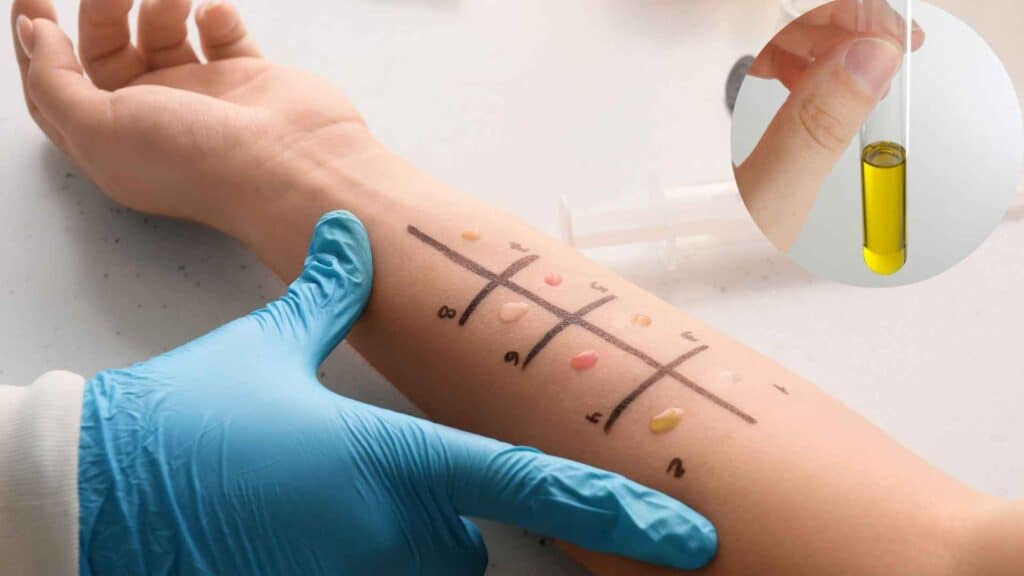
Before incorporating either oil into your routine, perform a patch test. Apply a small amount of the oil to a discreet area on your skin and monitor for any adverse reactions. Patch testing helps you identify any allergies or sensitivities and ensures your skin reacts well to the chosen oil.
D. Personal Preference and Skin Feel
Ultimately, the choice between argan oil and olive oil also comes down to personal preference and how each oil feels on your skin. Experiment with both and observe how your skin responds. Select the oil that not only addresses your skin’s needs but also feels comfortable and enjoyable during application.
E. Final decision:
LET ME MAKE IT MORE SIMPLE FOR YOU.
If you have dry skin, both argan oil and olive oil can provide excellent moisturization. However, argan oil’s lighter texture and non-greasy feel may be more suitable for daily use. Before incorporating any oil, always perform a patch test to check for allergies or sensitivities.
If you have oily skin, argan oil is the preferred choice due to its non-comedogenic nature and ability to regulate sebum production. Perform a patch test before regular use to ensure compatibility.
For all skin types, including sensitive skin, it’s essential to patch-test both oils before incorporating them into your skincare routine. Once you’ve verified compatibility, choose the oil that addresses your skin’s needs and feels comfortable during application.
By following these steps, you can confidently select the right oil that harmonizes with your skin’s requirements, unlocking the full potential of either argan oil or olive oil for a nourished, radiant, and happy complexion.
Incorporating Oils into Skincare Routine
A. Applying for Maximum Benefits
For optimal results, apply a few drops of argan oil or olive oil to clean, damp skin. Gently massage the oil in upward motions to promote better absorption.
B. Enhancing with Other Skincare Products
Elevate your skincare routine by blending argan oil or olive oil with your existing products. Mix a drop of oil into your moisturizer or serum to amplify hydration and nourishment.
C. DIY Recipes for Nourished and Glowing Skin
Embrace the versatility of argan oil and olive oil by creating DIY blends. Combine with natural ingredients like honey, aloe vera, or essential oils to craft customized masks, serums, or cleansers.
Following are some of the DIY recipes.
Argan Oil DIY RECIPES:
I. Rejuvenating Honey and Argan Oil Mask:
Ingredients:
1 tablespoon of argan oil, 1 tablespoon of raw honey.
Method:
Mix the argan oil and honey in a bowl until well blended. Apply the mixture to clean, dry skin and leave it on for 15-20 minutes. Rinse off with warm water. This mask helps hydrate, soothe, and revitalize the skin.
II. Soothing Lavender and Argan Oil Cleanser:
Ingredients:
2 tablespoons of argan oil, 5 drops of lavender essential oil.
Method:
Mix the argan oil and lavender essential oil in a bottle. Use a few drops to massage onto your face, then gently wipe off with a damp cloth. This cleanser helps to remove impurities while calming the skin.
III. Refreshing Green Tea and Argan Oil Toner:
Ingredients:
1/2 cup of brewed green tea (cooled), 1 tablespoon of argan oil.
Method:
Mix the cooled green tea and argan oil in a spray bottle. After cleansing, spritz the toner onto your face and allow it to air dry. This toner helps balance the skin’s pH and provides a refreshing boost.
OLIVE OIL DIY RECIPES:
I. Nourishing Olive Oil and Aloe Vera Serum:
Ingredients:
1 tablespoon of olive oil, 1 tablespoon of fresh aloe vera gel.
Method:
Combine the olive oil and aloe vera gel in a small container. Mix thoroughly and apply a few drops to your face and neck after cleansing. This serum provides intense moisture and promotes a radiant complexion.
II. Brightening Turmeric and Olive Oil Mask:
Ingredients:
1 tablespoon of olive oil, 1 teaspoon of turmeric powder, and 1 teaspoon of yogurt.
Method:
In a bowl, mix olive oil, turmeric, and yogurt until you have a smooth paste. Apply the mixture to your face and leave it on for 15 minutes. Rinse off with cool water. This mask brightens the skin and reduces the appearance of dark spots.
Remember to perform a patch test before using any new DIY recipe to ensure that your skin responds well to the ingredients. These natural and customizable blends using argan oil and olive oil can be a delightful addition to your skincare routine, nourishing your skin and promoting a radiant and healthy glow.
Side Effects and Precautions
A. Patch Testing for Safety (As explained earlier)
This is already explained earlier a few times but in case you have no time and you just want to read this section so we are adding it again here.
Before incorporating argan oil or olive oil into your skincare routine, perform a patch test. Apply a small amount of the oil to a small area of your skin and wait for 24 hours to check for any adverse reactions or allergies.
B. Minimizing Risk of Clogged Pores
To avoid clogging pores and causing breakouts, use a moderate amount of oil, especially if you have oily or acne-prone skin.
C. Compatibility with Other Skincare Products
Ensure that argan oil or olive oil complements the other skincare products you use. Avoid any combination that may cause adverse reactions or reduce the effectiveness of either oil.
By being cautious and following these simple precautions, you can safely incorporate argan oil or olive oil into your skincare routine, enjoying their nourishing benefits without any unwanted side effects.
Conclusion:
In the quest for Argan vs olive oil for skin: which is better we found that choosing the right oil for your skin can make a big difference. Argan oil feels light and fights aging, while olive oil gives rich nourishment and a glowing look. So, which oil will be your favorite for skincare?
We’ve looked at the benefits and precautions of both oils and now you have the knowledge to decide. But the real question is: Will you go for the gentle touch of argan oil or the rich care of olive oil for your skin?
You have the power to make a choice that suits your skin’s needs. Try it out and see how your skin loves it. So, what will it be—Argan or Olive?
FAQs
1. Can Argan Oil be used on all skin types?
Yes, argan oil is suitable for all skin types, including sensitive skin. Its lightweight and non-greasy nature makes it ideal for various skin conditions. However, do a patch test before using any new skincare product.
2. Can Olive Oil be used as a sunscreen?
Olive oil’s natural UV protection is not a substitute for sunscreen. It may not offer sufficient protection against UV rays. Always use a broad-spectrum sunscreen with SPF 30 or higher when exposed to the sun.
3. Which oil is better for hair: Argan or Olive?
It depends on your hair type and concerns. Argan oil is lighter and easily absorbed, making it a good option for those with fine or oily hair. Olive oil is richer and may suit those with thick or dry hair. Both oils can help moisturize, reduce frizz, and promote shine.
4. Is Olive Oil safe for acne-prone skin?
Olive oil is generally safe for most skin types, but if you have acne-prone skin, be cautious with its usage. Use it sparingly and monitor your skin’s reaction to avoid clogging pores and causing breakouts.
5. How long should I wait to see results from using argan or olive oil?
Skincare results may vary, but consistency is key. With regular use and proper application, you can start noticing improvements in your skin’s hydration, texture, and overall appearance within a few weeks.
6. Can I use argan or olive oil as a makeup remover?
Yes, both oils can be used as gentle and effective makeup removers. Apply a small amount to a cotton pad or fingertips, gently massage onto the skin to dissolve makeup, and then rinse or wipe away.
7. How often should oils be used in a skincare routine?
The frequency of oil usage depends on your skin type and individual preferences. For dry or mature skin, daily use may be beneficial, while those with oily or combination skin may use it a few times a week. Start with a small amount and adjust as needed based on your skin’s response.
8. Are DIY recipes safe for my skin?
DIY recipes using argan oil or olive oil can be safe and effective, but be cautious. Perform a patch test before trying any new DIY blend to ensure it suits your skin and doesn’t cause any irritation or allergies.
Remember to consult a dermatologist if you have specific skin concerns or allergies. Enjoy the nourishing benefits of argan oil and olive oil in your skincare routine and unleash your skin’s natural radiance.






3 thoughts on “Argan vs olive oil for skin: which is better”
Very informative and helpful
glad to hear that.
Very informative and helpful .